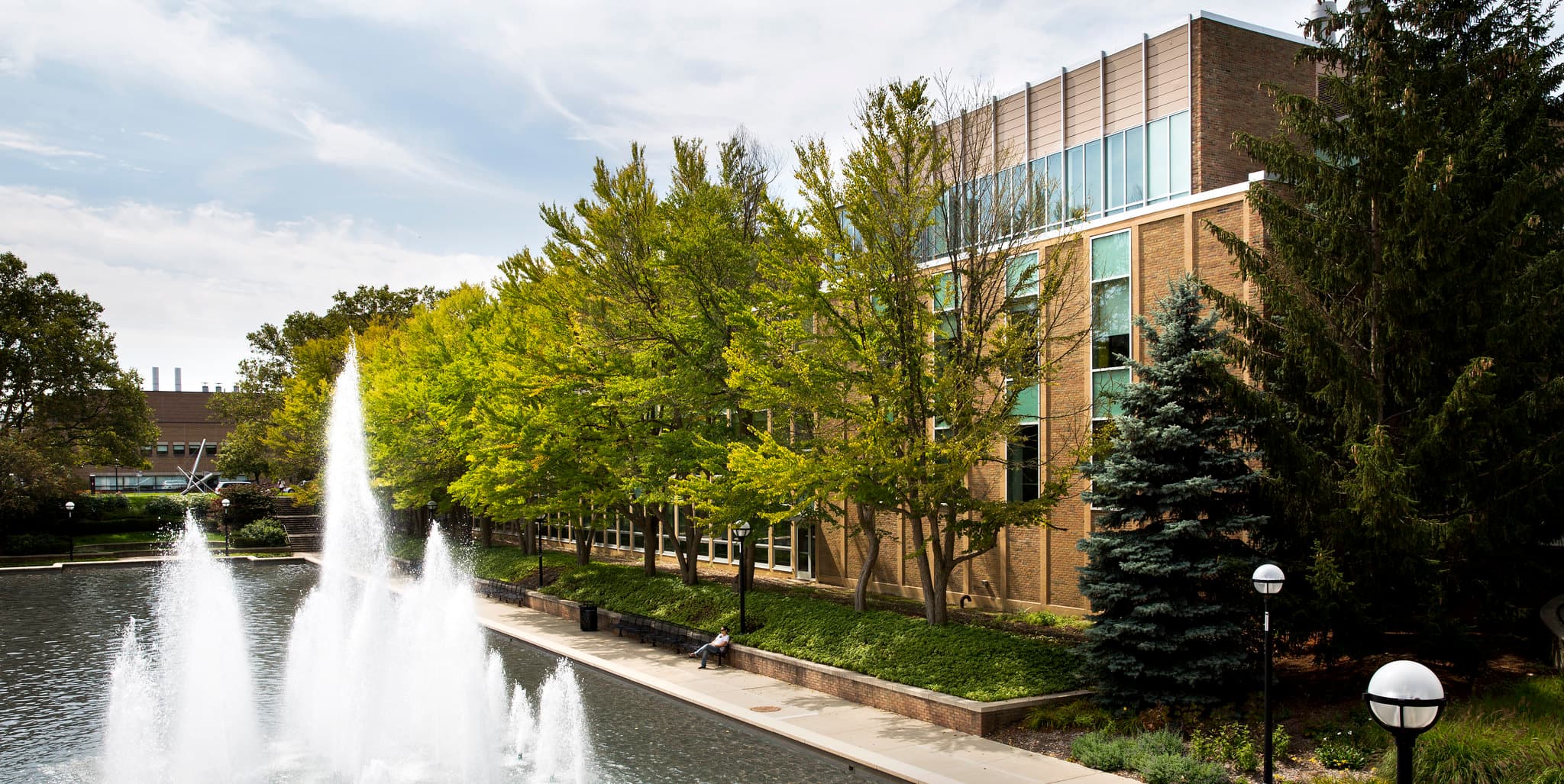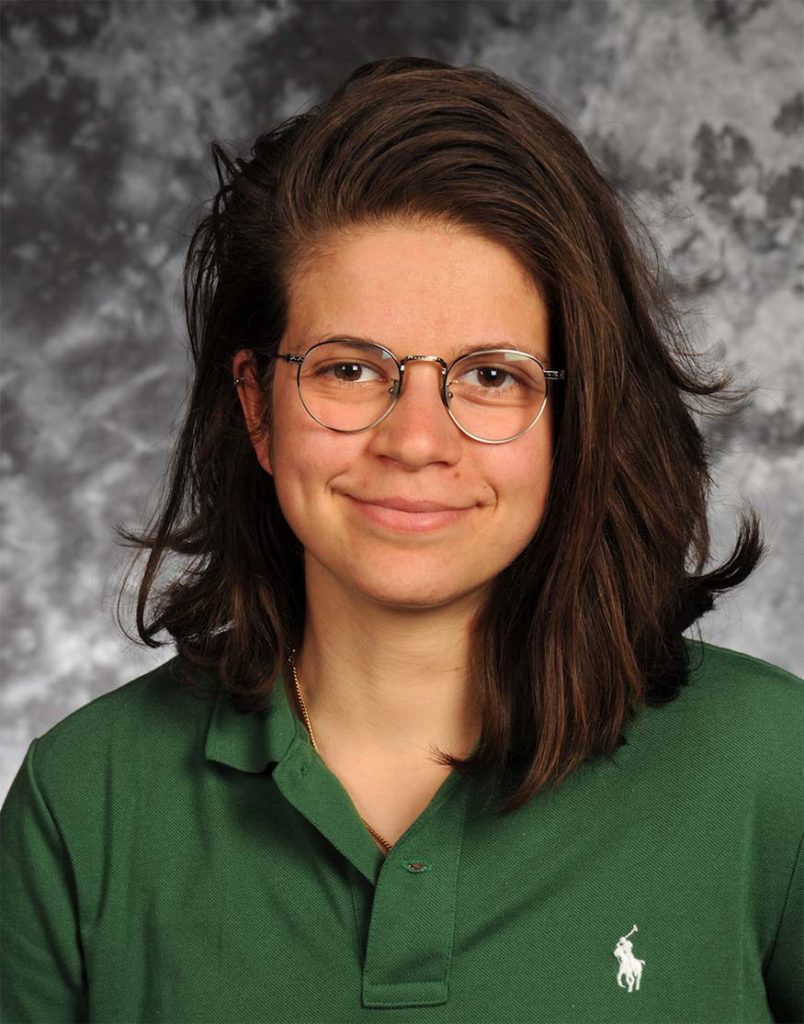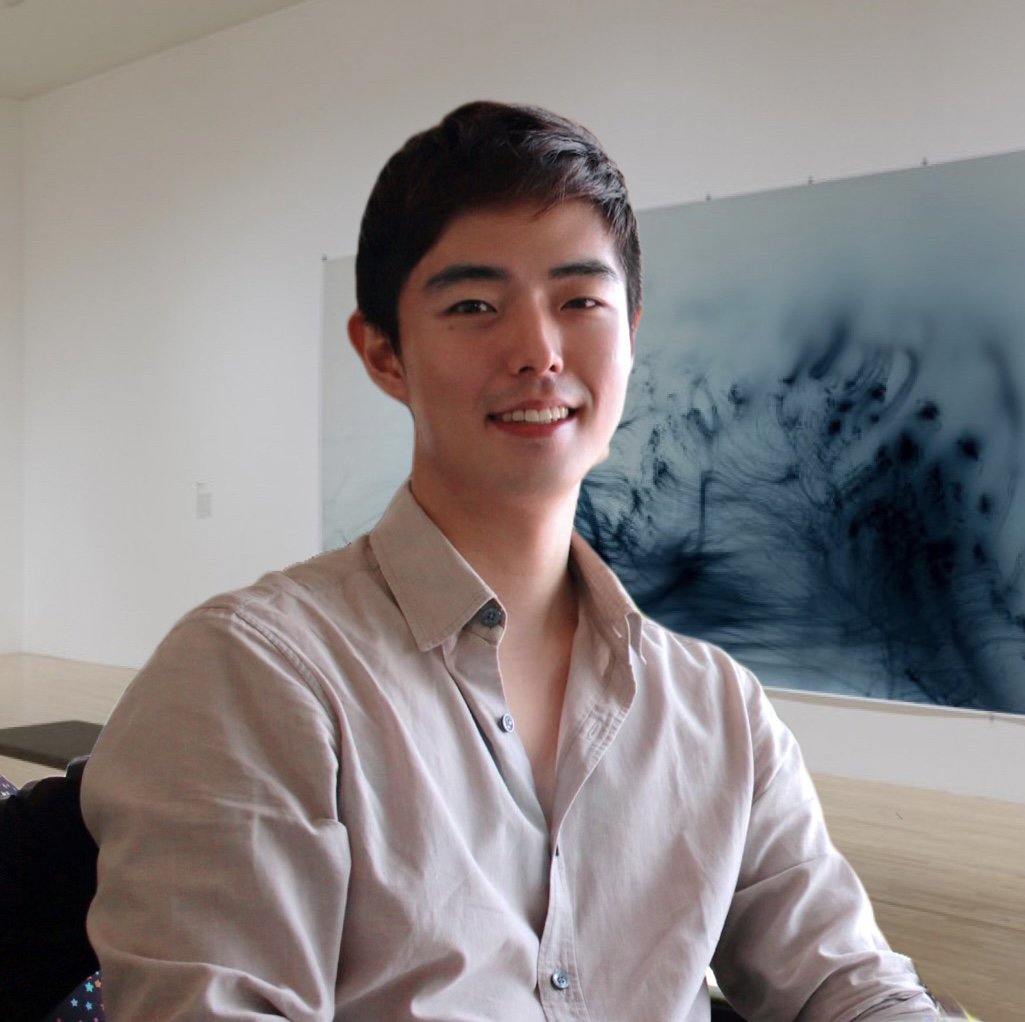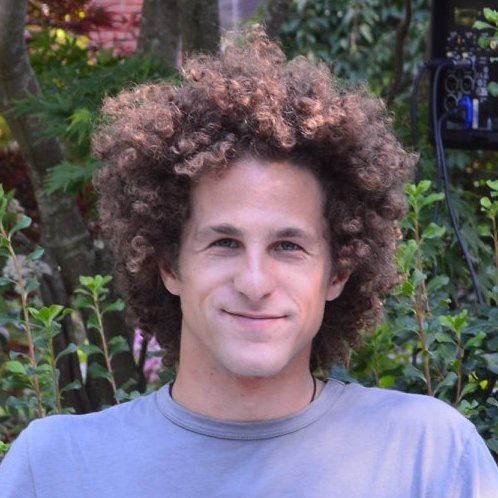
Three NERS grad students awarded INL fellowships
Marisol Garrouste, So-Bin Cho, and River Bennett were selected for their remarkable talent in research areas aligned with the goals of INL in collaboration with DOE.

Marisol Garrouste, So-Bin Cho, and River Bennett were selected for their remarkable talent in research areas aligned with the goals of INL in collaboration with DOE.
U-M Nuclear Engineering & Radiological Sciences (NERS) graduate students Marisol Garrouste, So-Bin Cho, and River Bennett have received fellowships from Idaho National Laboratory (INL) through the INL Graduate Fellowship Program. As mentioned on their website, this program is a collaboration between INL and universities with the student, university thesis advisor, and INL technical advisor in a triad relationship. It provides mentoring as well as financial support to well-performing students planning to enroll in graduate degree programs.

Marisol Garrouste
Hailing from Paris, Marisol completed her undergraduate and Masters studies in science and executive engineering in France at the Lycee Louis Le Grand and Mines ParisTech, respectively, before accepting the PhD offer from NERS to join Prof. Brendan Kochunas’ group. She likes to solve problems, and Marisol believes the biggest problem the world is facing right now is climate change, for which she deems the best current antidote to be nuclear engineering.
Marisol is starting her fellowship this fall and hopes to graduate by the Summer of 2024 when the fellowship ends. She will work on the Integrated Energy Systems (IES) team. The program is led by Dr. Shannon Bragg-Sitton, and Marisol’s mentor will be Dr. Paul Talbot.
“My main focus will be synthetic liquid fuels: replacing conventional fossil fuels with carbon-free synthetic fuels made with energy from nuclear power plants,” said Marisol. “The goal is to demonstrate that IES nuclear power plants can help decarbonize the transportation sector while becoming more economically profitable.”
Although Marisol plans to work mainly on the fellowship, she is also interested in working on other ongoing projects such as market studies and energy justice topics.
At NERS, she is a part of the Graduate Student Committee and represents graduate students at the faculty meetings. When she is not researching, Marisol loves going for outdoor activities, especially climbing.
“I owe a lot to the mentors who have taken the time to guide me through my education. I’d like to thank Prof. Kochunas here at NERS for letting me define and pursue my interests, always expecting excellence, and trusting that every one of his students can indeed produce outstanding research,” said Marisol.
“I’d also like to thank Dr. Konor Frick, who I have been working with at INL for more than a year on Integrated Energy Systems, I have learned a lot from him both about IES and energy economics. “
Marisol is also very grateful to Dr. Noël Camarcat, her professor at Mines ParisTech, who first introduced her to nuclear engineering and its challenges. After completing her PhD, Marisol might work with US National Labs or may venture on the academic path.

So-Bin Cho
Hailing from Seoul, South Korea, So-Bin graduated from Korea Advanced Institute of Science and Technology (KAIST) with a bachelor’s degree in physics and a minor in economics. While completing his master’s degree in nuclear engineering at KAIST, So-Bin was actively engaged in energy policy. He was a research fellow with the KAIST Nuclear Nonproliferation Education and Research Center (NEREC), where he conducted a feasibility study on introducing a small modular reactor to Indonesia using a public acceptance approach. He was also named NEREC’s most affable fellow and received the Korea Ministry of Science & ICT Scholarship. Under the auspices of the scholarship, he spent one year as a graduate intern at INL, where he developed a simulation model for thermal storage systems.
As an INL graduate fellow, So-Bin will participate in the INL’s Integrated Energy Systems (IES) program beginning in May 2023. Until then, he plans to continue sharpening his understanding of thermal hydraulics through coursework.
“The INL fellowship offers more than funding for graduate studies, said So Bin. “I expect the greatest part of the fellowship will be immersing myself in the scientific community, working with and leaning on leaders from diverse disciplines who are innovating our energy systems.”
So-Bin is interested in moving the industrial sector towards a carbon-neutral future using advanced reactor technologies. He hopes to do this by understanding the thermal-hydraulic transient of advanced nuclear reactors when they are utilized beyond electricity generation as low-carbon thermal sources.
In addition to the fellowship, he has been investigating the consequences of integrating nuclear energy and storage systems into a fully-decarbonized grid using HERON, the INL’s IES modeling framework. In collaboration with the INL-IES team, he improved the code so that HERON could incorporate detailed characteristics of generation assets during optimization.
So-Bin serves on the NERS graduate student climate council. He also was a mentor for the NERS program, where he encouraged and inspired undergraduate students to pursue careers in nuclear energy. He aspires to pursue a career in nuclear energy start-ups exploring interdisciplinary topics ranging from ensuring safe nuclear heat transfer to ensuring the energy remains accessible and equitable.
“I am extremely grateful to have been named a part of the latest INL fellowship cohort, and I owe a lot of my success to NERS and the inspiration and motivation it has gifted me through Prof. Xiaodong Sun and Prof. Todd Allen, my advisors, and Thermal Hydraulics Lab members,” said So-Bin. “They encouraged me to develop a deeper appreciation for my community and explore scientific questions outside my field of study.”
So-Bin also acknowledged his mentor Andrew Foss, who helped him learn about the importance of blending scientific outcomes with public policy to balance competing priorities between key stakeholders.
“Research experiences at INL, in conjunction with my doctoral studies in the NERS, will give me the expertise and credibility to address conflicts, concerns, and needs surrounding nuclear energy.” said So-Bin. “I ultimately hope to use my expertise and give back to my home country Korea by helping it implement and integrate clean energy. This will ultimately help it reduce its carbon emissions while generating its higher levels of growth and prosperity.”

River Bennett
River completed his undergraduate degree at the University of Virginia in a small interdisciplinary program called Political and Social Thought, which allows students to design their own degrees. His focus was on energy policy, ultimately writing a thesis on the political rhetoric associated with the concept of “energy independence.” River joined NERS as a Masters student in 2021 and will begin his Design Science PhD studies this fall.
Born and raised on Nantucket Island in Massachusetts, River spent time playing music and enjoying water sports like surfing, swimming, and sailing. At the beginning of his high school career, he developed an interest in the concept of international development, specifically on clean water and sanitation access. Around the same time, he became more interested in clean energy, which ultimately led to his undergraduate thesis topic and a desire to work in the energy sector.
Post graduation, River looked for jobs in the energy sector, but politics majors were in low demand at the time, so he ended up pursuing the next thing on his interest list—leaving the U.S. and learning Spanish. During this time, he stumbled on some publications about nuclear energy.
“The potential of nuclear energy and advanced reactors resonated with me,” said River, “and at the beginning of 2017, I decided to dive into the field by starting a post-baccalaureate to prepare myself for a graduate nuclear engineering degree.”
“The plan for my fellowship is to continue examining how teams of community and stakeholder engagement practitioners integrate into firms and how their value to larger organizations can be defined and measured,” said River. “By leveraging these types of teams, which are already used in sectors like renewable energy, mining, and public health, entities tasked with siting and constructing advanced reactors can better partner with communities to improve project outcomes.”
River will be working with Prof. Allen as his NERS advisor as well as Dr. Ashley Finan, Director of the National Reactor Innovation Center (NRIC), which is headquartered at INL.
“NRIC is an exciting program to work with on this topic because their primary focus is on advanced reactor demonstration and deployment,” said River. “This phase of reactor development involves some of the most significant interactions with the rest of society and strategies focused on community engagement can help with building trust and gaining social license for projects.”
Working with NRIC and the advanced reactor vendors they support will allow River to apply his research directly while identifying ways that these practices can be packaged and made available to the broader nuclear industry.
River’s fellowship is projected to begin in July 2024 and continue for two years. He plans to continue focusing on research within NERS while coordinating with NRIC to do more applied work through projects where they’re already involved in Idaho and Alaska. He hopes this will extend to more intermountain west projects in Montana, Wyoming, and Utah, where interest in nuclear energy continues to grow.
Currently, River is actively involved with the Fastest Path to Zero Initiative, an interdisciplinary team at NERS, working to support communities as they plan and pursue ambitious climate goals. One of his main projects with Fastest Path has been contributing to the workshop series called the Forum on Nuclear Equity and Justice, an open-ended space for nuanced, diverse, and frank conversation about equity and justice issues in the nuclear energy field.